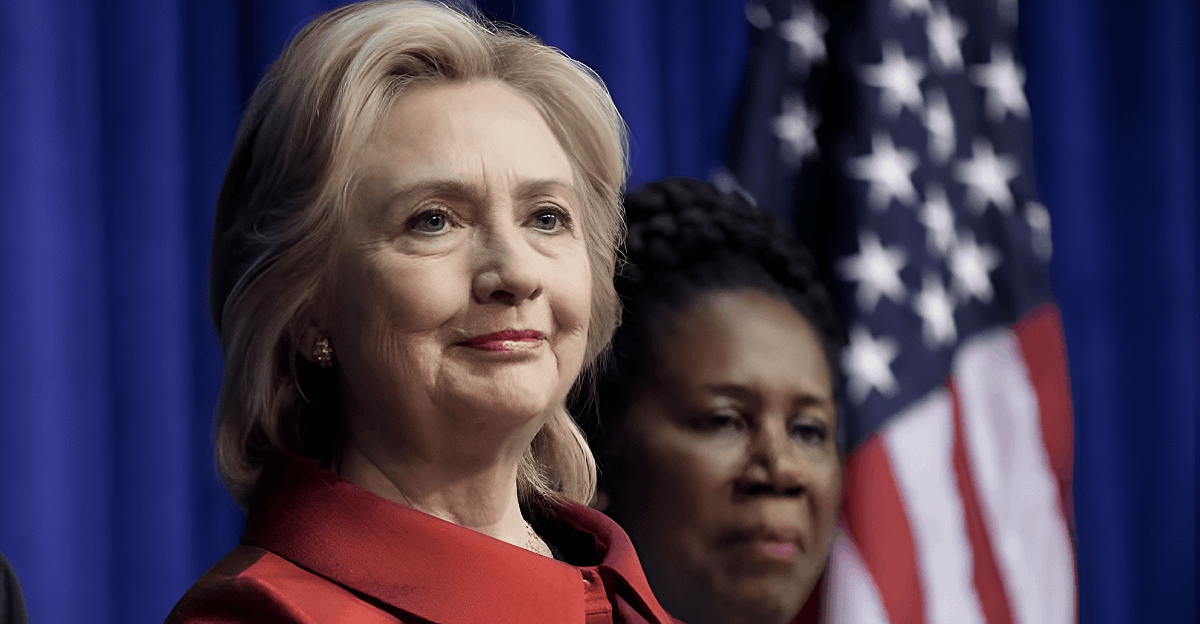
The July 2025 declassification of a Durham report annex has reignited fierce debate about the 2016 U.S. election.
According to The Washington Post, the document details alleged plans within Hillary Clinton’s campaign to link Donald Trump to Russian election interference.
Senator Chuck Grassley stated, “This new transparency allows Americans to judge the facts for themselves.”
High Stakes Disclosure
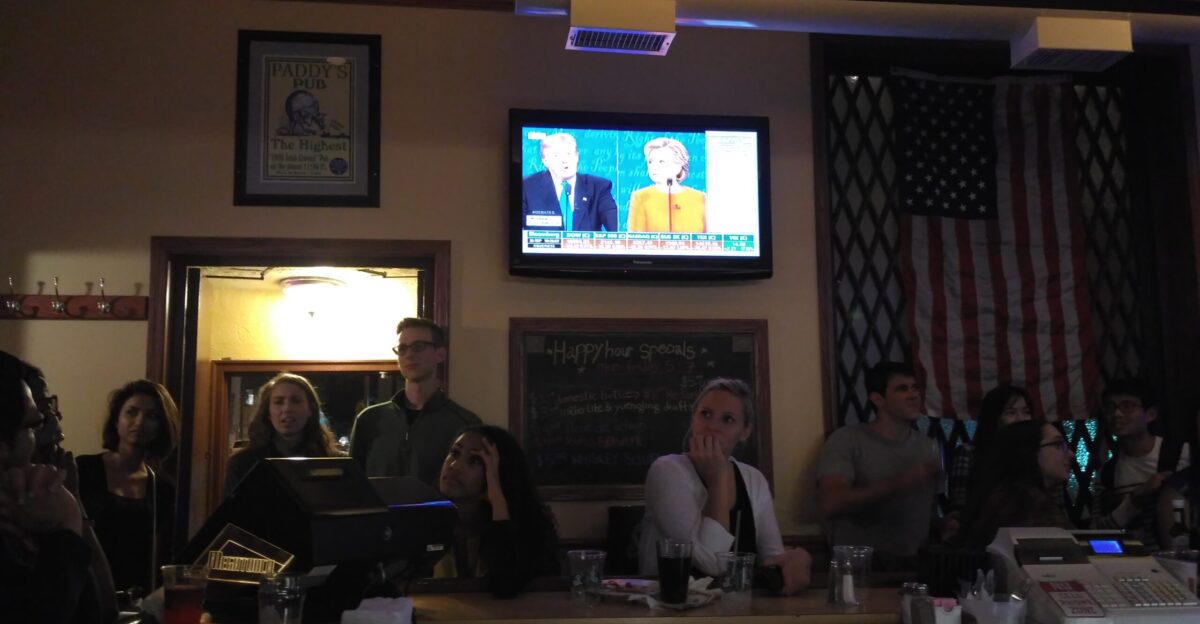
The release has major political and legal ramifications, thrusting questions of campaign conduct and government accountability into the spotlight.
As reported by The New York Times, both parties claim the annex supports their existing beliefs about justice and interference. Experts warn that perceptions may matter more than facts in shaping public trust.
Roots of Investigation
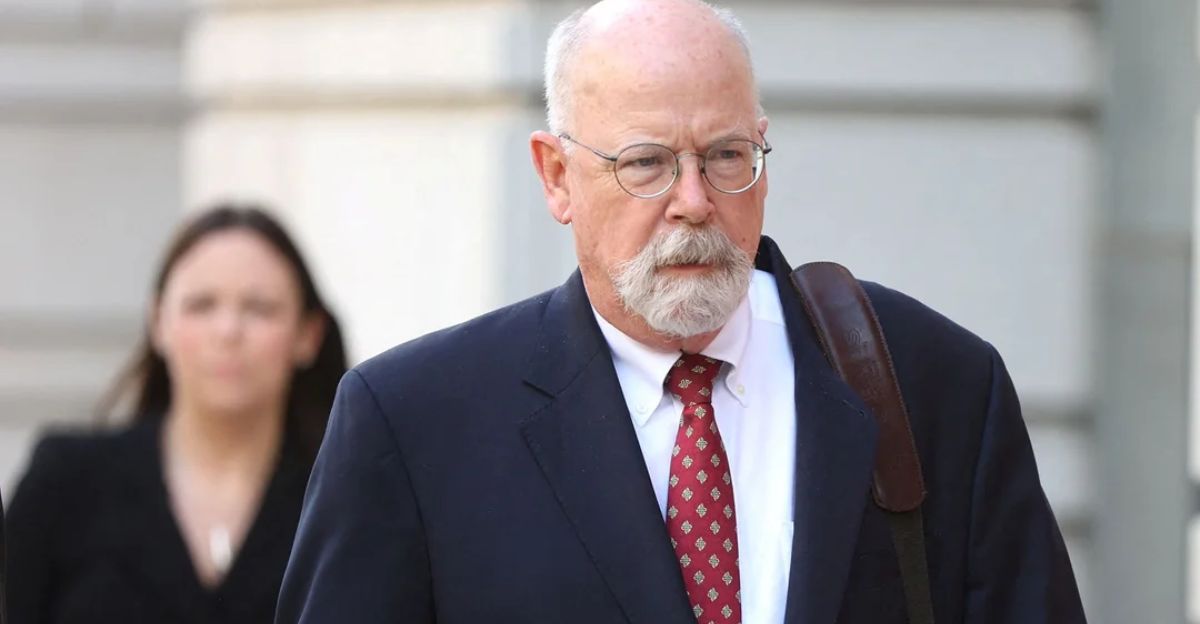
Special Counsel John Durham began investigating how the FBI handled allegations of Russian interference in 2019.
His initial 2023 report criticized the FBI’s reliance on unverified information, paving the way for continued scrutiny. The July 2025 annex release is the latest chapter in a long-running saga.
Pressure to Declassify
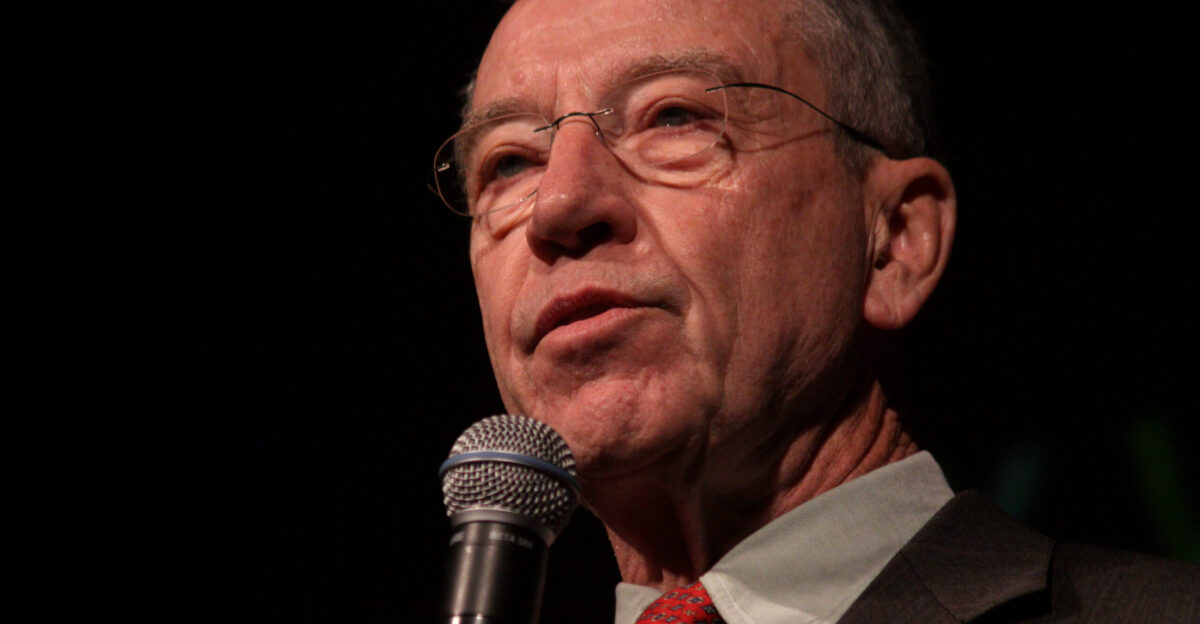
Persistent calls for transparency came from both Congress and the public. Senator Grassley stressed, “The business of the public ought to be public.” Grassley, along with Attorney General Pam Bondi, was instrumental in the annex’s declassification.
The Allegations
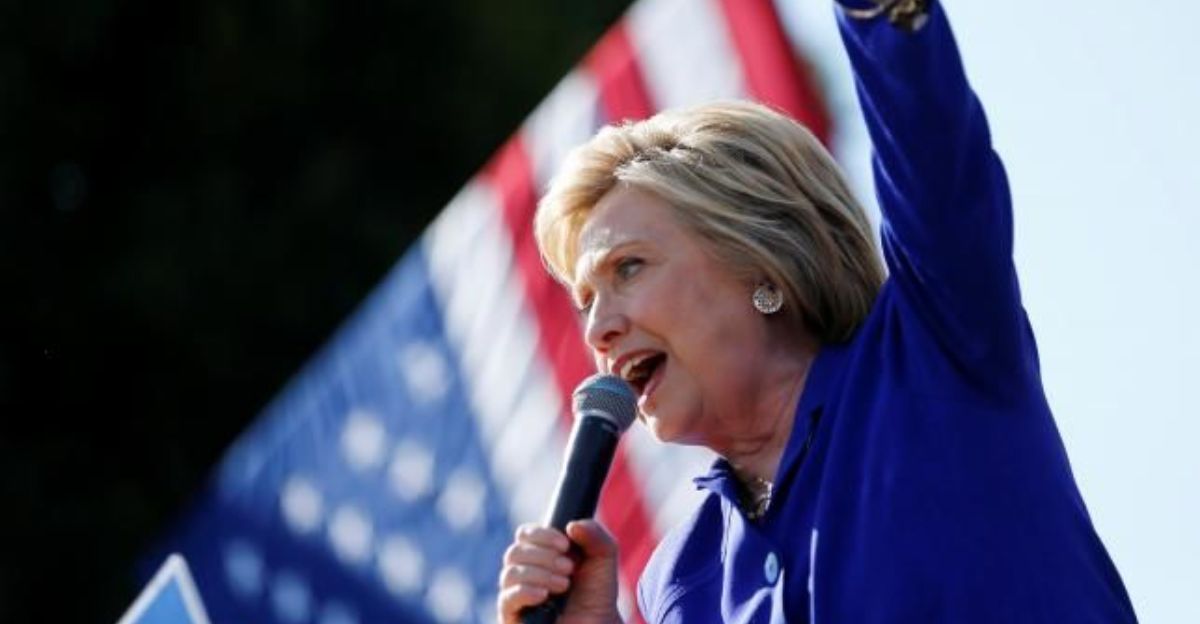
On July 31, 2025, the annex became public. It alleges that Clinton’s campaign endorsed a plan to tie Trump to Russia, partly to divert attention from her email controversy.
The document cites memos and emails said to involve Open Society officials and high-level campaign figures.
Ripple Effects across States
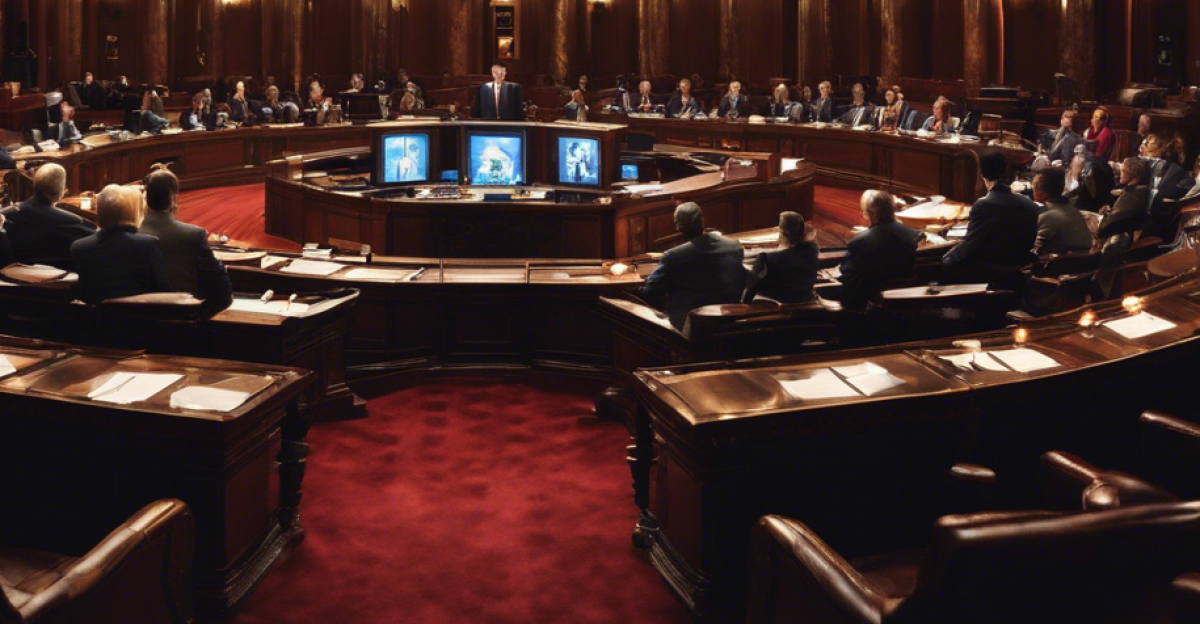
Political activists in key battleground states swiftly reacted. Local leaders from both parties demanded fresh investigations into campaign tactics and intelligence assessments. NBC Montana notes, “The story has reignited demands for election accountability in every region.”
Human Impact and Testimony

“This proves what the American people suspected,” Senator Grassley asserted, echoing widespread frustration.
Former campaign officials, however, dismissed these claims as “blatant political mischaracterization,” sowing confusion among voters.
Regulatory and FBI Response
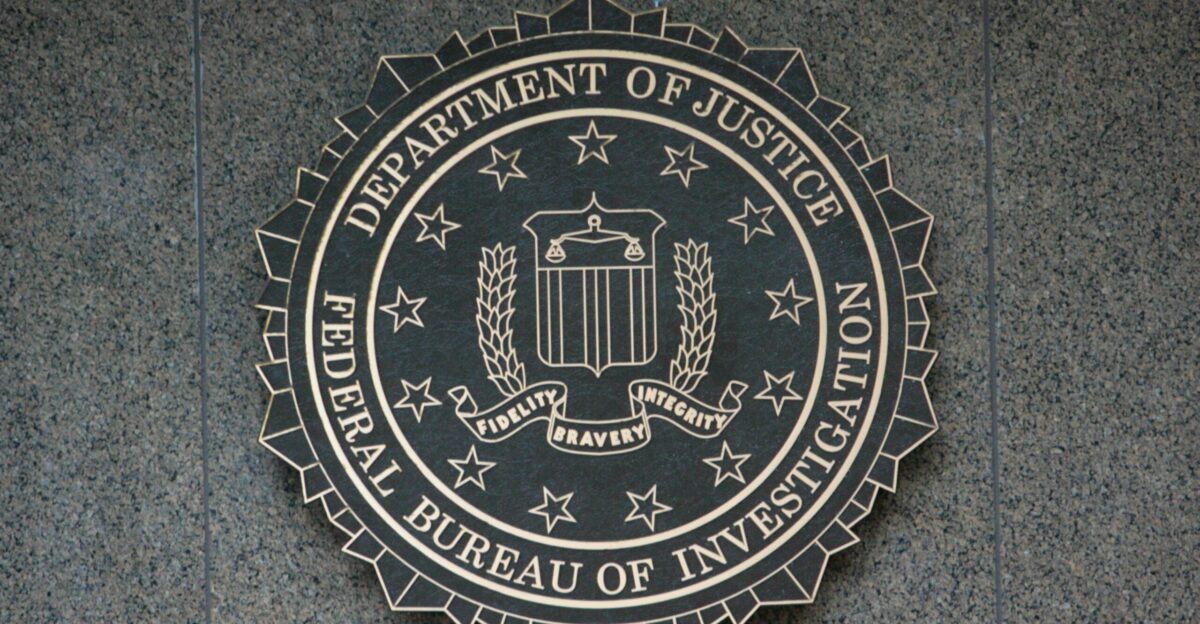
The annex’s findings put the FBI under additional scrutiny. John Ratcliffe, former CIA director, said, “This disclosure is a step forward for transparency.” The report criticizes the FBI for not further investigating potentially partisan sources of intelligence.
National Security Context

U.S. intelligence agencies highlight ongoing threats from foreign interference. “Election integrity depends on recognizing both internal and external vulnerabilities,” analyst Mark Zaid noted following the annex’s release.
Email Authenticity in Doubt

The annex also discloses doubts over the core evidence. The New York Times reports Durham concluded that key emails purporting to document the “Clinton Plan” may have been fabricated by Russian operatives, complicating questions of intent.
Stakeholder Frustration Mounts
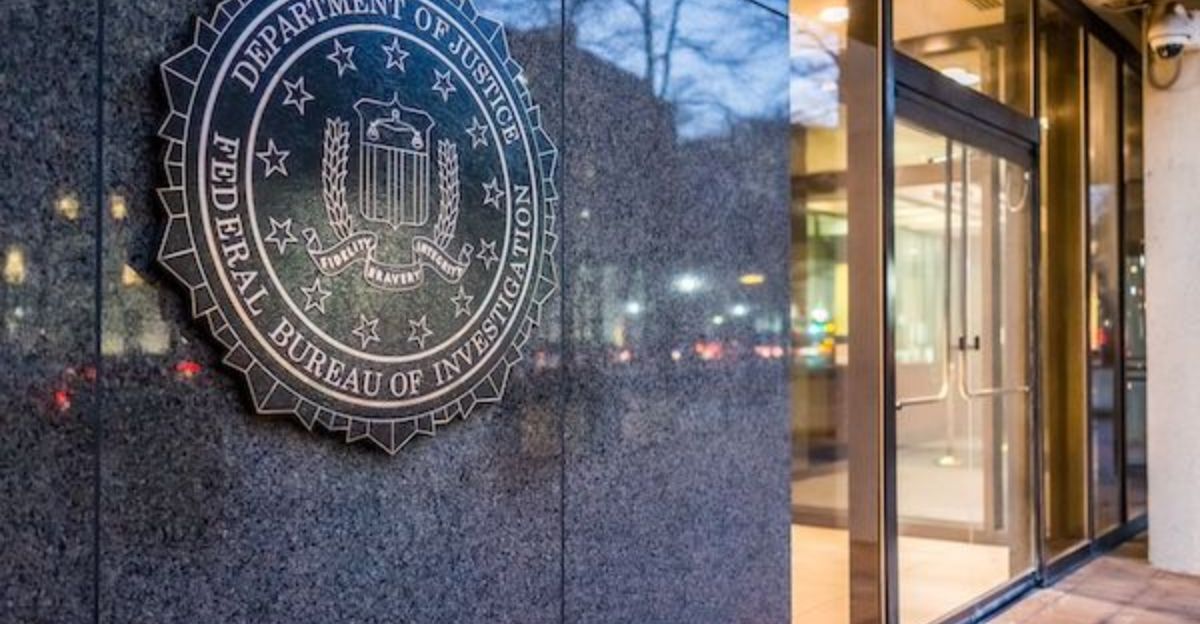
FBI insiders privately lament the agency’s “lopsided investigative approach,” according to internal comments cited by The Cato Institute. Many believe restoring faith in nonpartisanship requires major procedural changes.
Leadership in the Spotlight
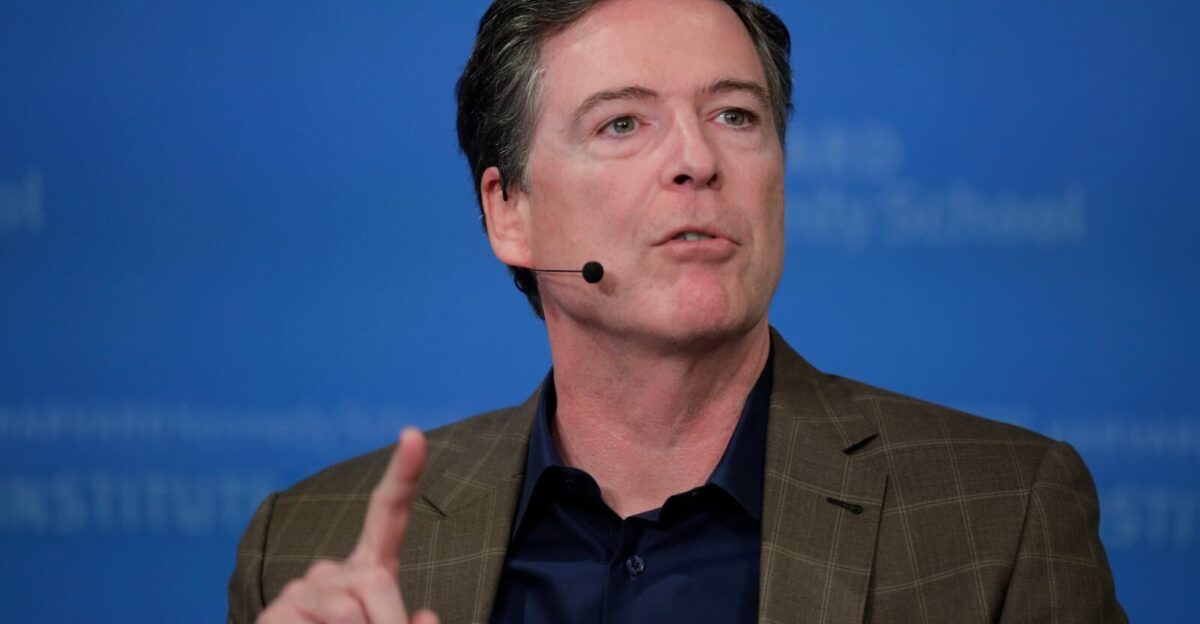
Former FBI Director James Comey and his leadership team face renewed scrutiny. The annex finds no criminal conduct, but public perception is shaped by criticism of FBI judgment and priorities.
Path to Rebuilding Trust
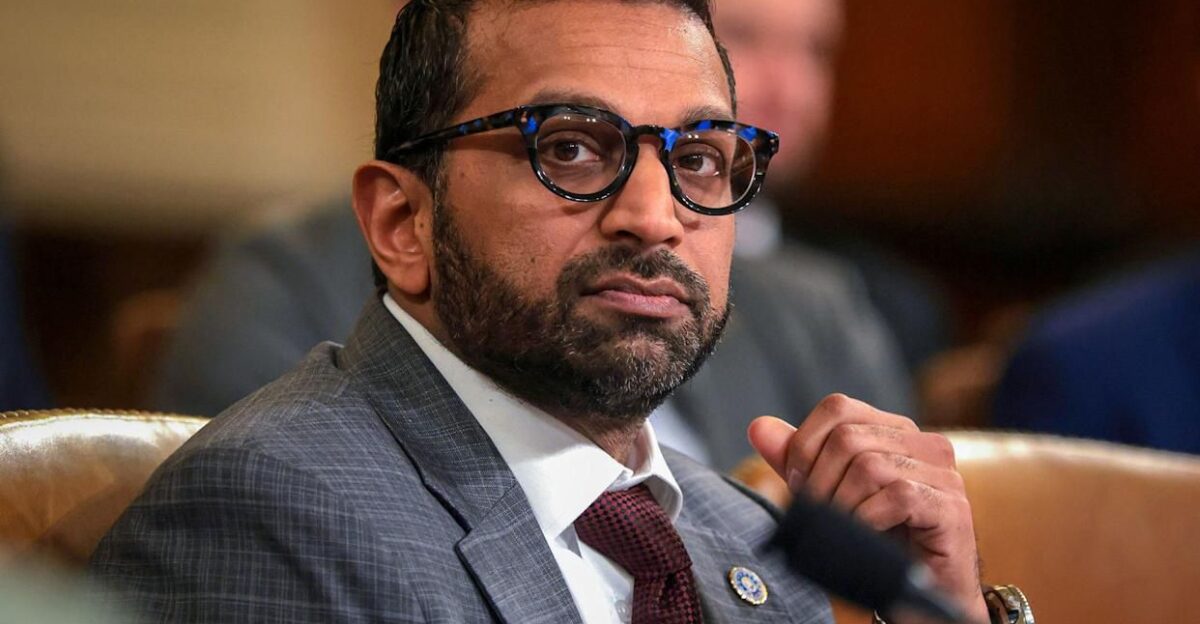
The Justice Department has since launched reforms, including new training for agents handling politically sensitive inquiries. Director Kash Patel affirms: “Our goal is renewed public confidence through transparency.”
Expert Perspectives Diverge
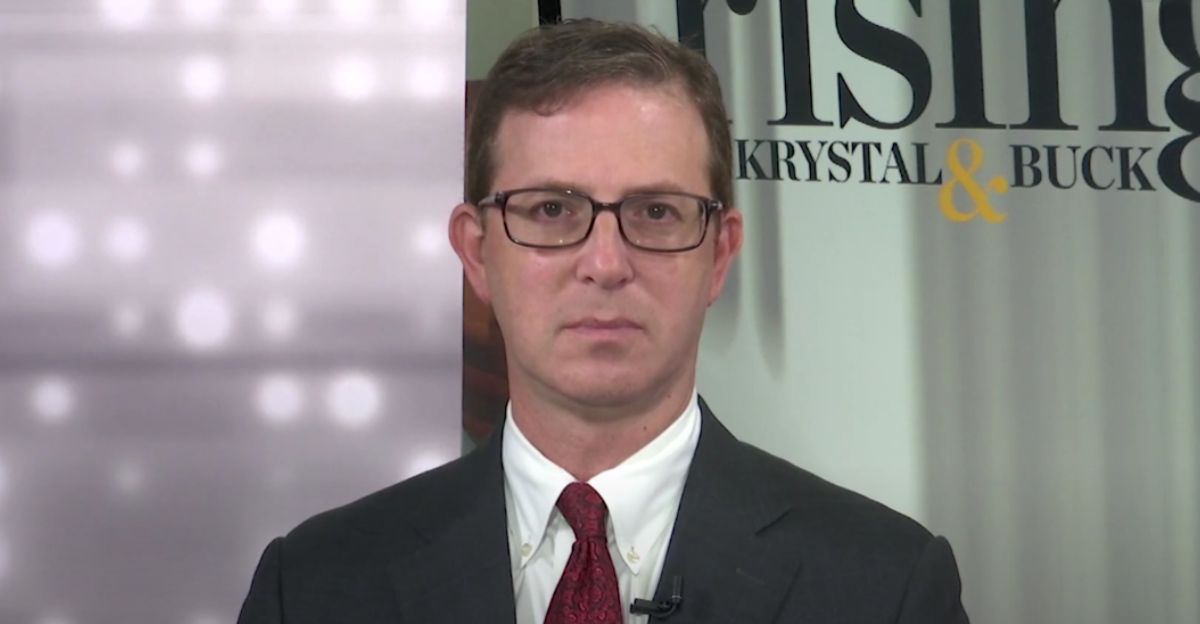
Expert opinion remains split on the annex’s meaning. National security attorney Mark Zaid says, “The report is significant but stops short of conclusive proof.” Others argue it exposes deep flaws in both campaigns and intelligence oversight.
Unanswered Questions
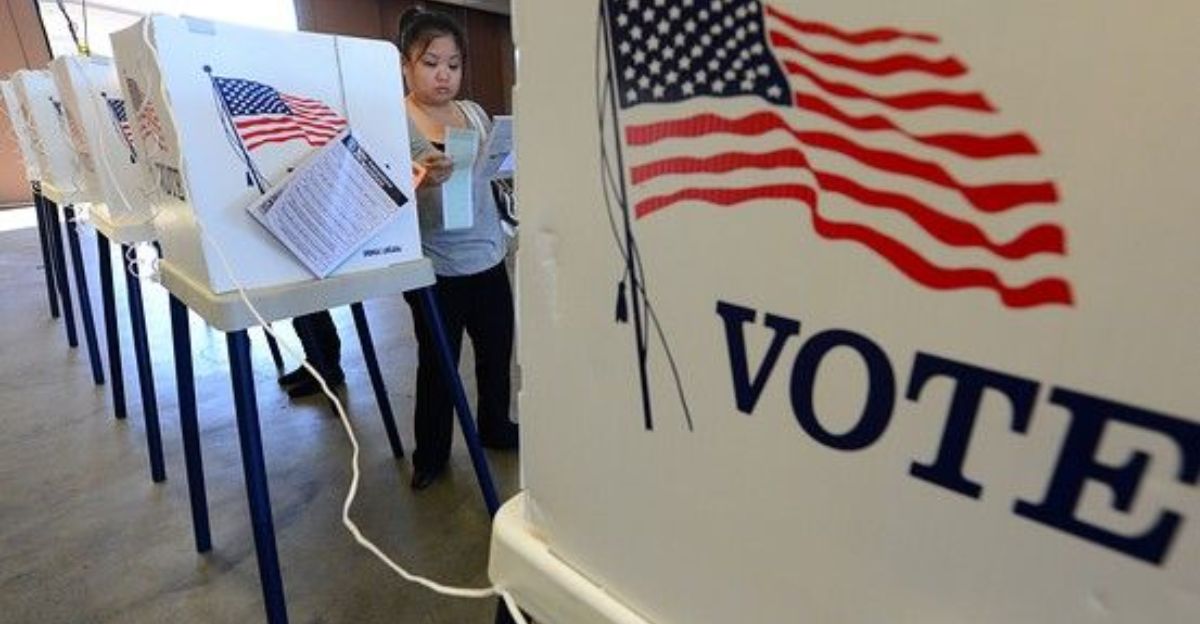
Will further investigations follow? Can reforms restore bipartisan trust in campaign oversight? The annex’s controversy prolongs uncertainty about accountability for the 2016 and future elections.
Political Fallout Continues
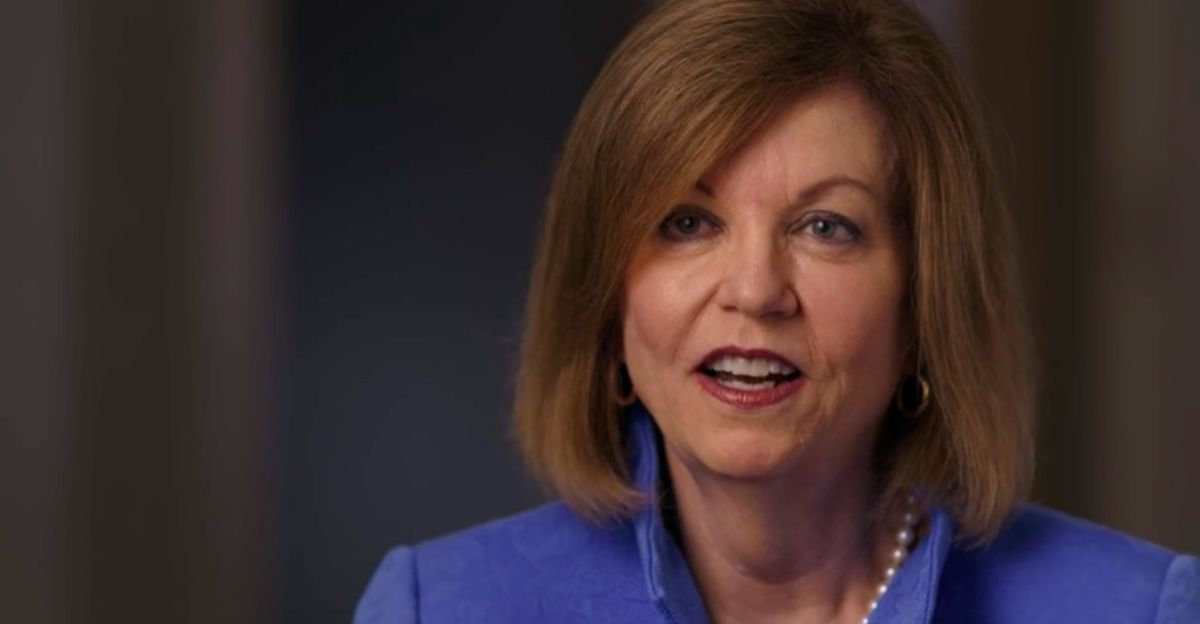
Republican leaders call for criminal charges; Democrats call the release a partisan maneuver. “Every step seems designed to inflame rather than resolve,” according to political analyst Susan Page.
International Reactions

Allies express concern about U.S. vulnerability to both internal manipulation and foreign interference. One European official stated, “This saga shows no democracy is immune to propaganda or polarization.”
Legal Ramifications
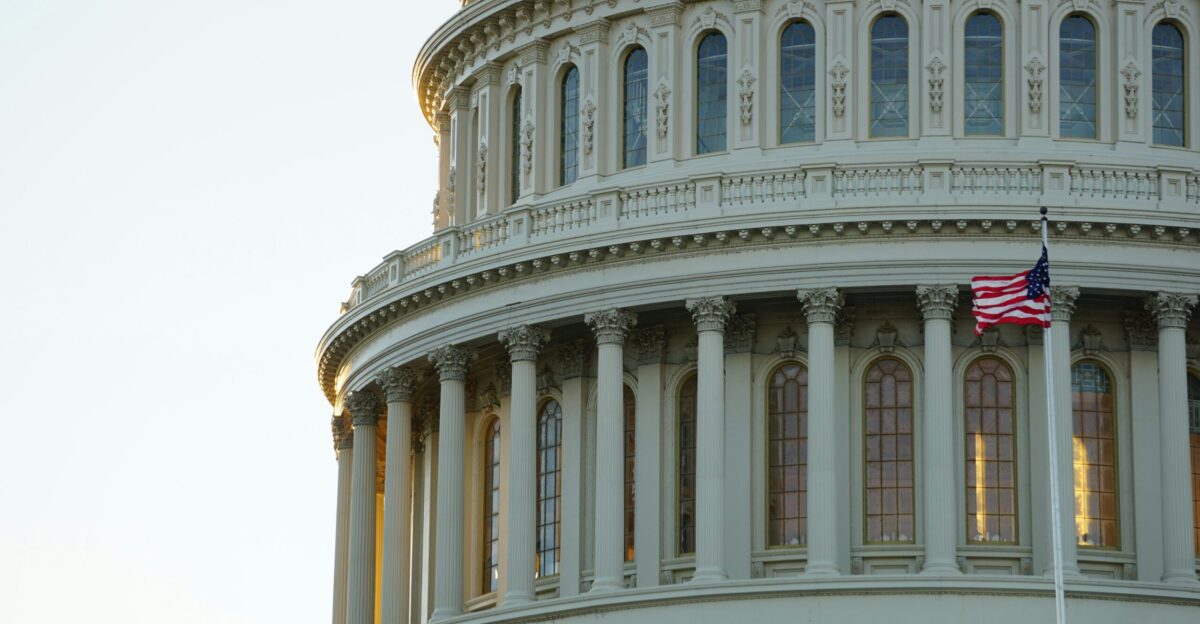
No new prosecutions have directly resulted, but Congress considers tightening standards for intelligence sharing during campaigns. Experts caution that politicizing investigations can undermine oversight.
Cultural and Generational Perspectives
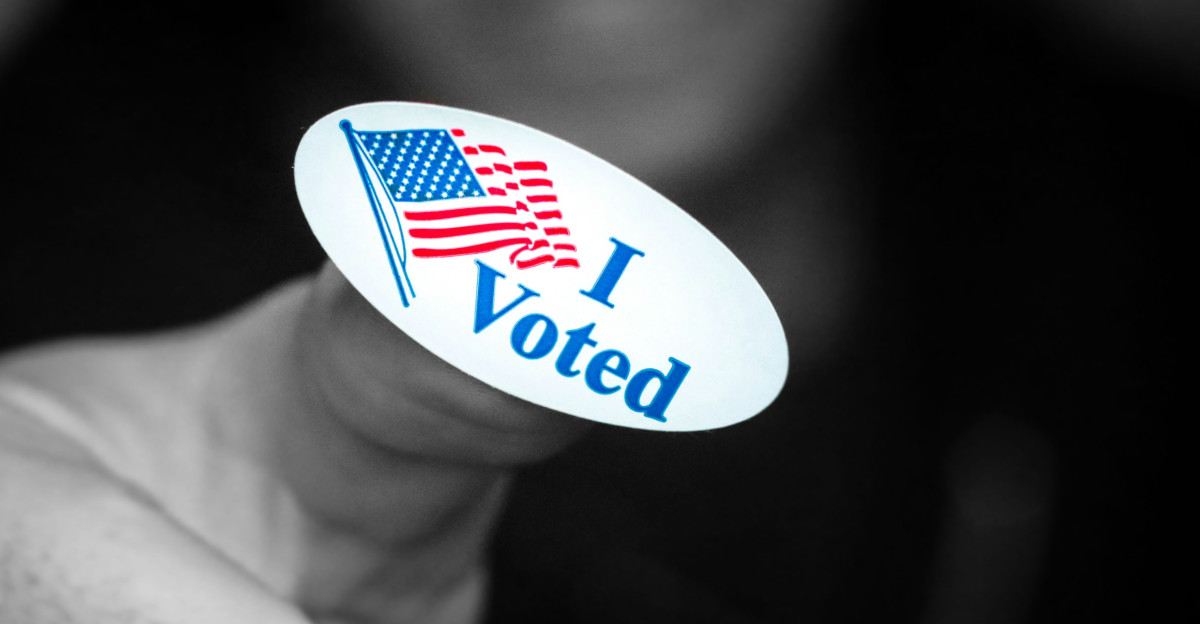
Younger voters respond by demanding greater political transparency. “We want truth from all sides, not spin,” said student activist Maya Patel in a New York Times interview.
Enduring Legacy
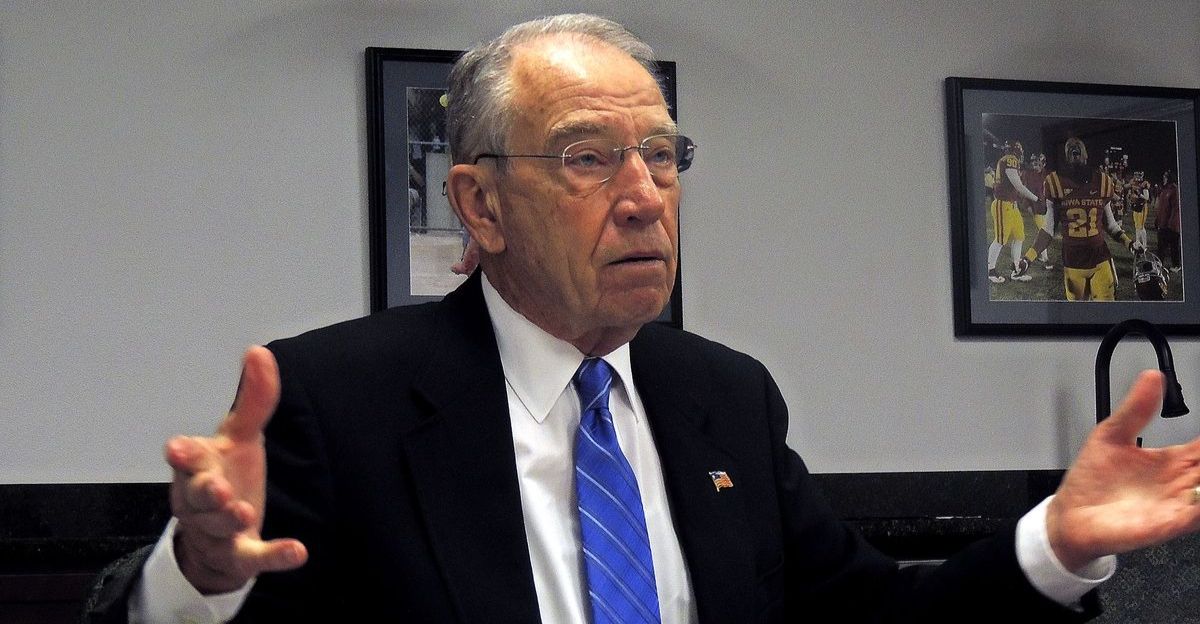
The Durham annex’s release highlights the complexity of truth in politics. Senator Grassley concluded, “Maximum transparency remains the best safeguard,” as partisans nationwide debate what lessons—if any—history should draw.